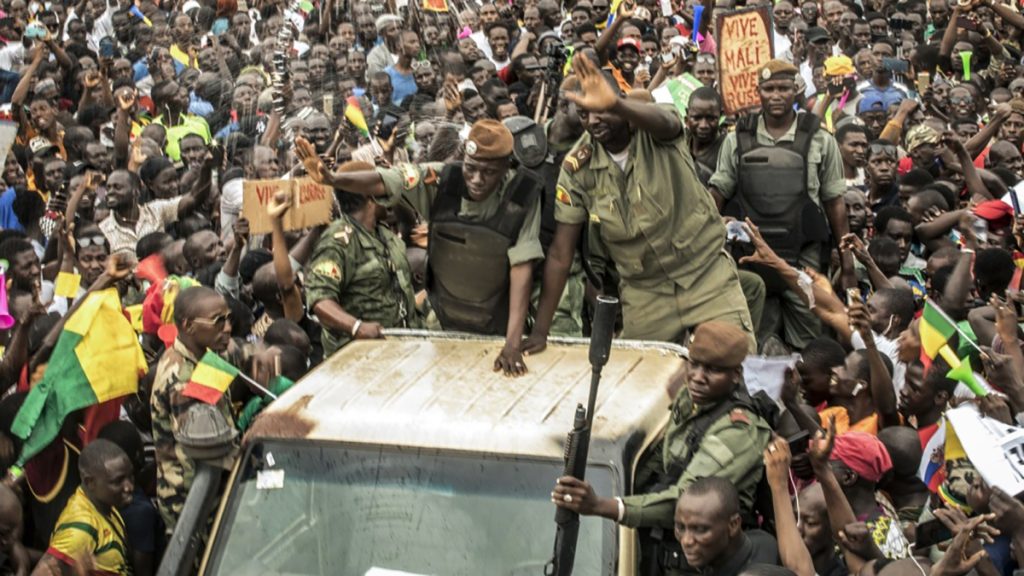Algeria and Mali, two key nations in North and West Africa, have recently found themselves at odds over differing approaches to regional security, further straining their diplomatic relations. Both countries share a long history of cooperation, particularly in combating terrorism and maintaining stability across the Sahel region, but recent disagreements have highlighted the challenges of navigating security strategies in a volatile environment.
The root of the dispute lies in differing stances on how to deal with the growing threat of terrorism and armed insurgencies in the Sahel. Algeria, with its strong military presence and extensive experience in counterterrorism, has consistently advocated for a more centralized, state-led approach to security. Algeria has long viewed terrorism as a primary threat to its sovereignty, and its strategy emphasizes robust military interventions, intelligence sharing, and a focus on regional cooperation with neighboring countries, such as Tunisia and Mauritania, to maintain control over its borders and deter militant activities.
In contrast, Mali, which has been grappling with severe internal conflicts since the 2012 Tuareg rebellion and subsequent jihadist insurgency, has shifted its security policies. Since the 2021 coup, Mali’s military junta has distanced itself from international partners like France and the United Nations, in favor of closer ties with Russia, particularly the Wagner Group, a controversial private military company. Mali’s approach increasingly focuses on sovereignty and autonomy, with a clear desire to limit foreign influence in its security matters. This has led to friction with Algeria, which sees Mali’s engagement with Russian paramilitary forces as a destabilizing factor and an obstacle to coordinated regional security efforts.
The diplomatic strains between the two nations have been exacerbated by these differing approaches. While both Algeria and Mali share concerns about terrorism, their responses to the problem reflect deeper political and ideological divides. Algeria fears that Mali’s growing reliance on foreign, especially non-Western, military actors could undermine long-standing security frameworks in the region. Additionally, Algeria’s reluctance to embrace the involvement of private military contractors complicates its relationship with Mali, where the junta views external intervention as a form of neo-imperialism.
At the same time, Mali’s leadership is increasingly frustrated by Algeria’s perceived resistance to its sovereignty and its preference for multinational security arrangements that Mali feels undermine its independence. With both countries facing domestic and regional challenges, the security situation in the Sahel remains precarious, and the diplomatic rift between Algeria and Mali underscores the difficulty of achieving consensus on how best to combat terrorism while balancing national sovereignty with regional cooperation. As the situation evolves, it will likely continue to shape both countries’ foreign policies and their role in the broader Sahel region.
